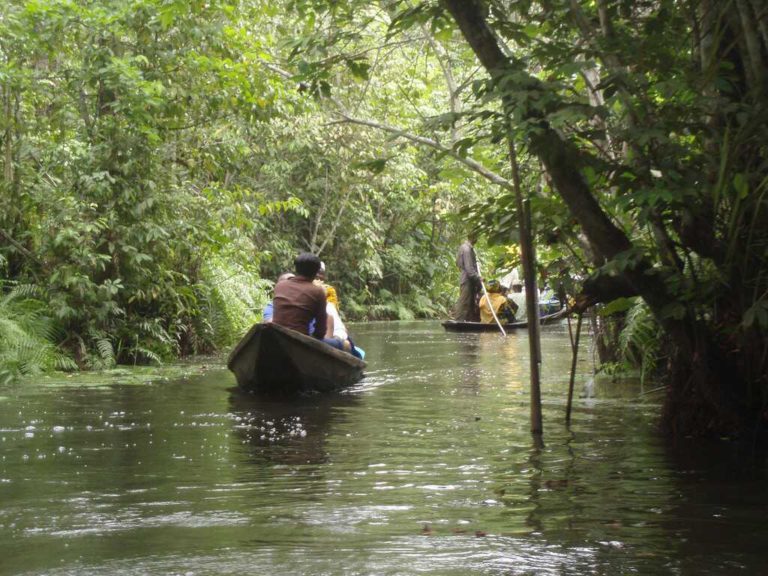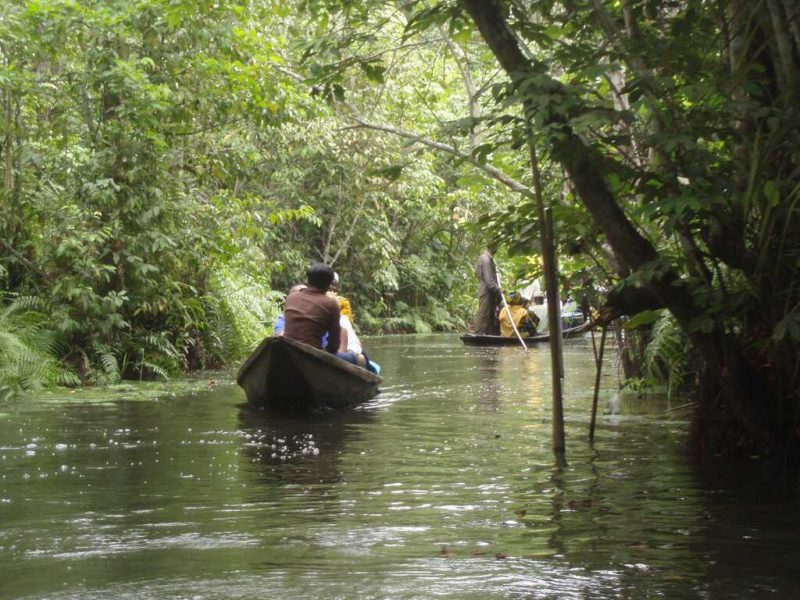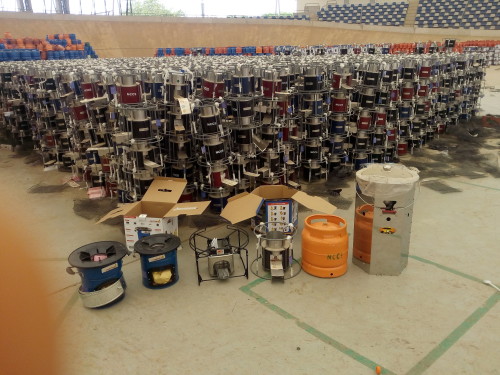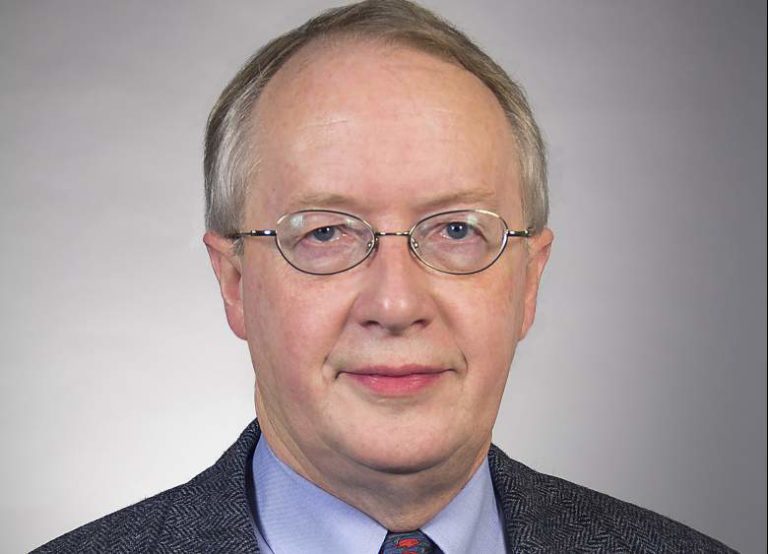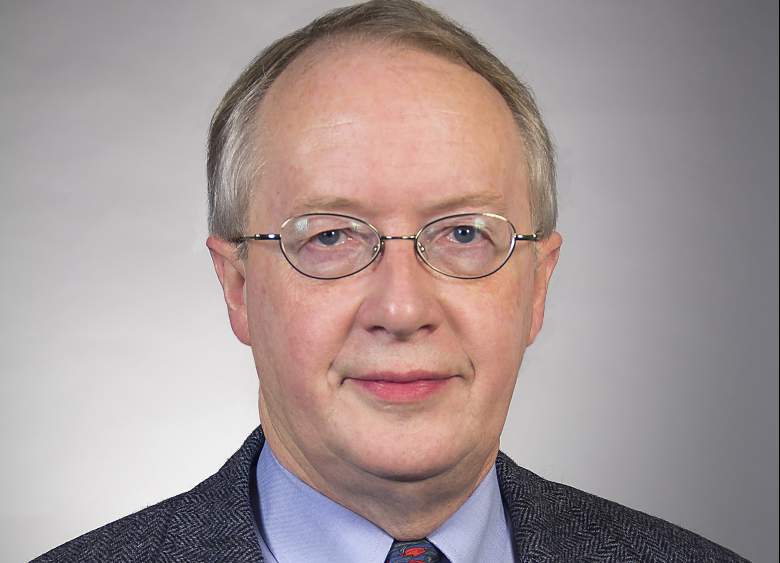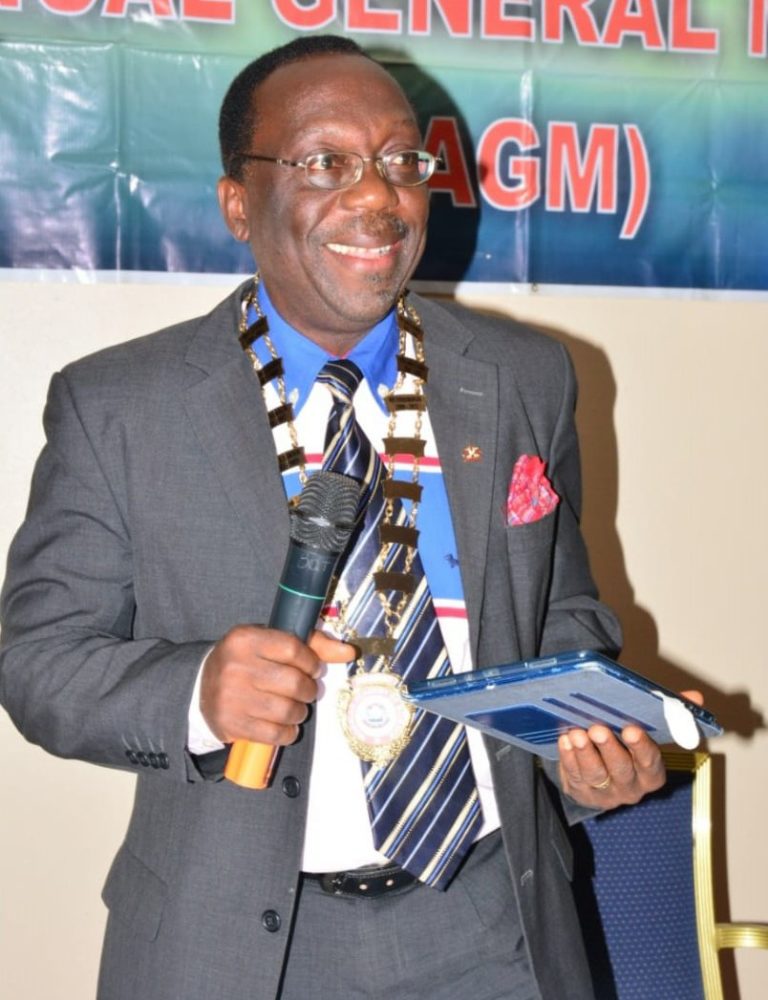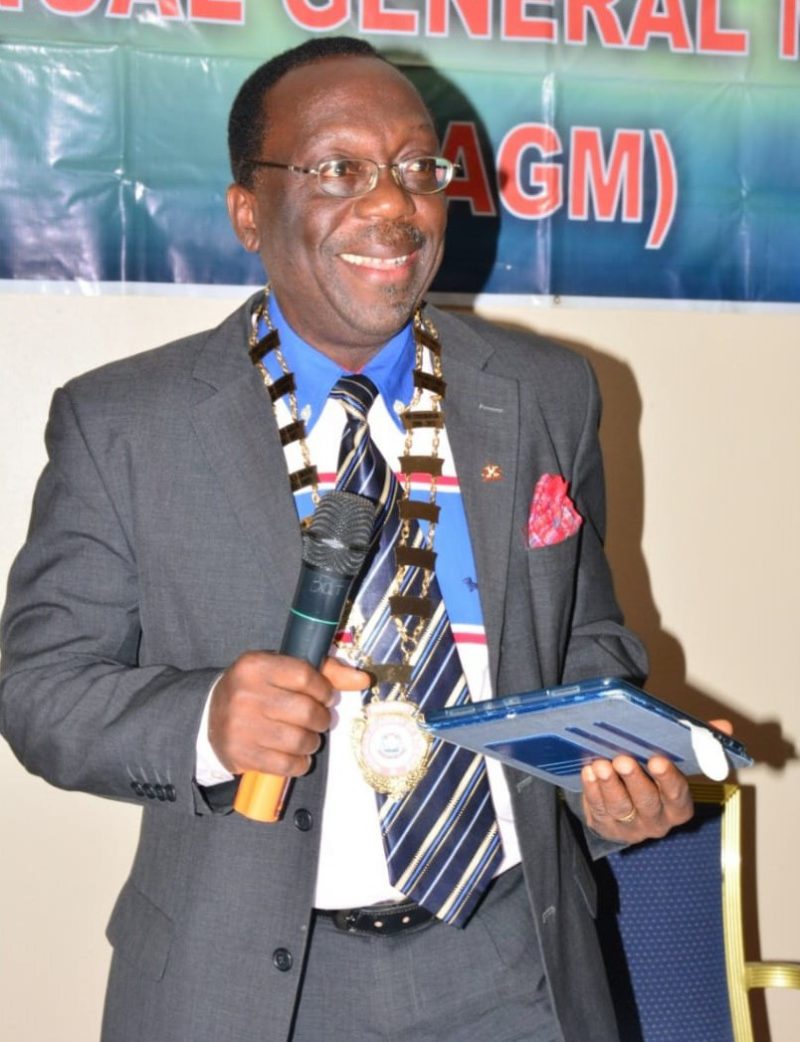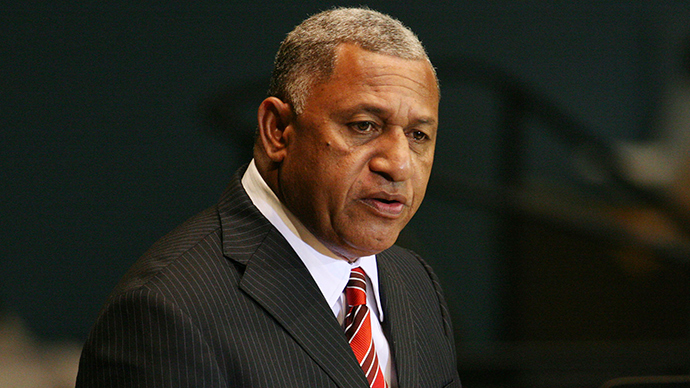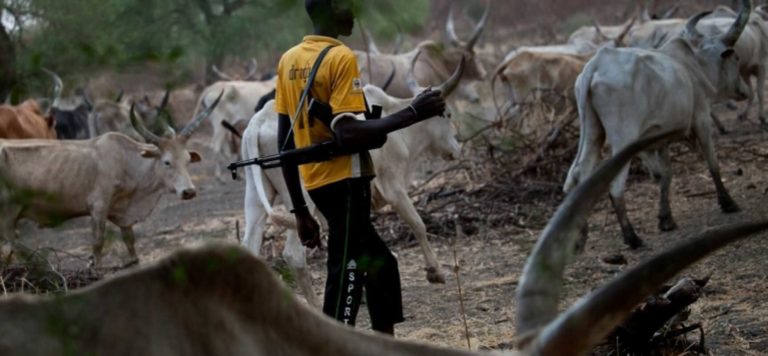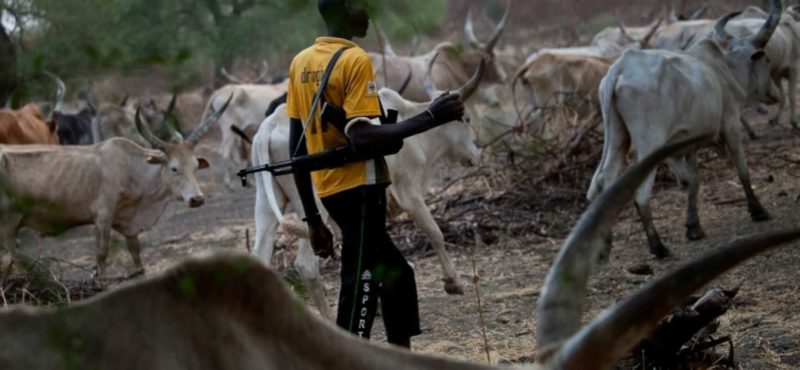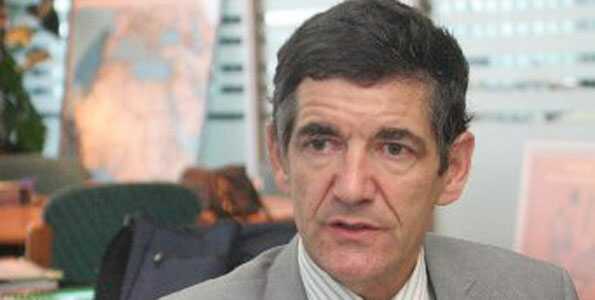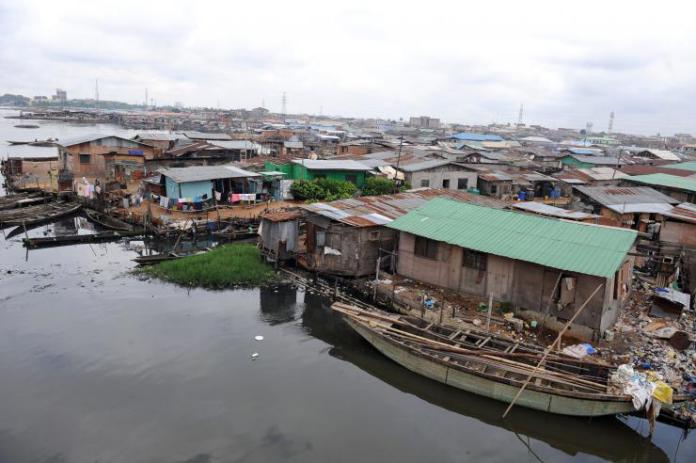Among the 10 commitments, the Heads of State have resolved to increase vaccine-related funding, strengthen supply chains and delivery systems, as well as make universal access to vaccines a cornerstone of health and development efforts
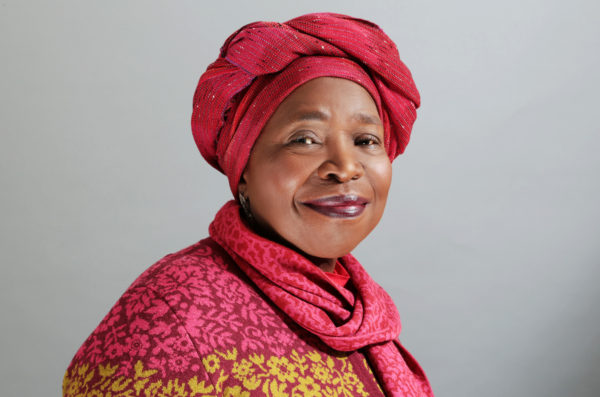
Heads of State from across Africa on Thursday, 31 January 2017 in Addis Ababa, Ethiopia, adopted a Declaration on Universal Access to Immunisation in Africa, in which they endorsed the Addis Declaration on Immunisation, a historic and timely pledge to ensure that everyone in Africa – regardless of who they are or where they live – receives the full benefits of immunisation. The endorsement was issued during the 28th African Union (AU) Summit in Addis Ababa, Ethiopia.
While Africa has made impressive gains over the last 15 years toward increasing access to immunisation, progress has stagnated, and the continent is falling behind on meeting global immunisation targets. One in five children in Africa still does not receive basic life-saving vaccines and, as a result, vaccine-preventable diseases continue to claim too many lives. Measles alone accounts for approximately 61,000 preventable deaths in the African region every year.
“We know that universal access to immunisation is achievable,” noted outgoing African Union Commission Chairperson, Nkosazana Dlamini-Zuma. “The Addis Declaration on Immunisation is a historic pledge. With political support at the highest levels, we are closer than ever to ensuring that all children in Africa have an equal shot at a healthy and productive life.”
The Addis Declaration on Immunisation calls for countries to increase political and financial investments in their immunisation programmes. It includes 10 commitments, including increasing vaccine-related funding, strengthening supply chains and delivery systems, and making universal access to vaccines a cornerstone of health and development efforts.
“Vaccines are among the most effective public health tools available,” said Dr Matshidiso Moeti, World Health Organisation (WHO) Regional Director for Africa. “When children are given a healthy start, communities thrive and economies grow stronger. This show of support from Heads of State is a significant step forward in our efforts to achieve universal access to immunisation and, ultimately, improve child health and drive sustainable development across Africa.”
Fewer than 15 African countries fund more than 50% of their national immunisation programmes. As Africa nears polio eradication, critical funding for immunisation through the polio eradication programme is expected to ramp down. Additionally, countries approaching middle-income status will transition away from Gavi support for immunisation in the coming years. Consequently, governments must redouble their efforts to make universal immunisation coverage a national priority.
“As long as even one child in Africa lacks access to immunisation, our work remains unfinished,” said Dr Ala Alwan, WHO Regional Director for the Eastern Mediterranean. “With the right mix of political will, financial resources and technical acumen, Africa can – and will – stem the tide of vaccine-preventable diseases across the continent.”
With strong leadership and investment, increased access to immunisation is within reach. For example, in 2010, Ethiopia built 16,000 new health centres, purchased 2,000 battery-free solar refrigerators for vaccine storage, and built a network of millions of health extension workers and volunteers at community level to increase access to immunisation throughout the country. Since these investments were made, Ethiopia has made remarkable gains, with immunisation rates soaring from 61% in 2010 to 86% in 2015.
“Immunisation is one of the smartest investments a country can make in its future,” said Professor Yifru Berhan Mitke, Ethiopia’s Minister of Health. “We must do more to protect all our children from preventable diseases – not only because it is the right thing to do, but also because it makes economic sense. When our children are healthy, our families, communities and countries thrive.”
The Addis Declaration on Immunisation was signed by Ministers of Health and other line ministers at the Ministerial Conference on Immunisation in Africa (MCIA) in February 2016 in Addis Ababa. MCIA was the first-ever ministerial-level gathering with a singular focus on ensuring that children across the continent can access life-saving vaccines. To guide the implementation of the ADI, a roadmap is being developed in close collaboration with the WHO offices in the African Region and Eastern Mediterranean Region, the African Union Commission and immunisation partners.
“African leaders are showing outstanding leadership by endorsing this landmark commitment which will allow more African children to be reached with life-saving vaccines no matter where they live,” said Dr Ngozi Okonjo-Iweala, Chair of Gavi, the Vaccine Alliance board. “We must now ensure that the commitments translate into sustainable financing for immunisation. Gavi stands ready to support African countries in their efforts to implement equitable health approaches and maintain strong immunisation coverage so we can create together a more prosperous future for communities across our continent.”

